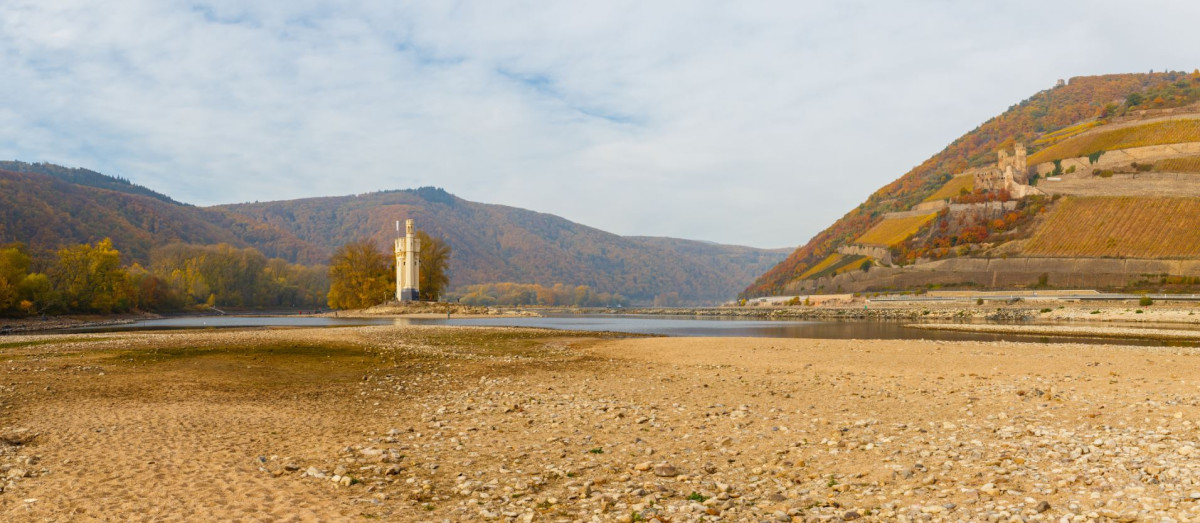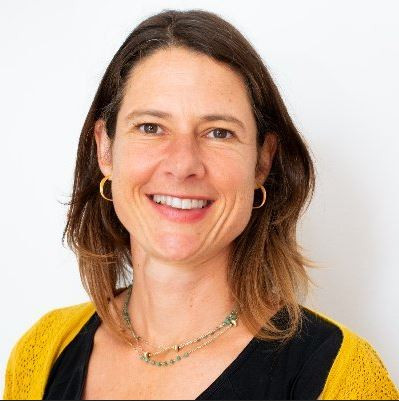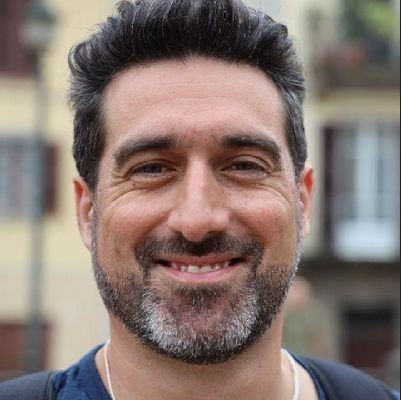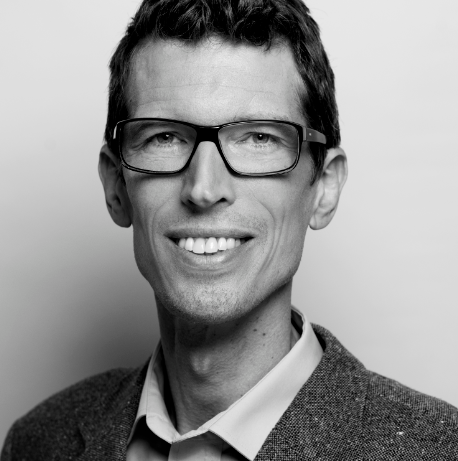CLEW Masterclass: How to report on climate adaptation
Even if greenhouse gas emissions were to stop tomorrow, the world has already warmed by an average of 1.2°C above pre-industrial levels, and significantly more in some regions like Europe. A further rise in temperatures - and a plethora of associated consequences - is already locked in, making adaptation a pressing issue across the world.
CLEW examined climate adaptation in a comprehensive series, including an analysis, Q&A, factsheet, and six European country case studies, with a focus on what actions particular countries are (or aren’t) taking to make their cities, infrastructure, health systems, and farming fit to deal with the challenges the coming years will throw at them.
During the masterclass, writers and editors of the dossier will discuss the findings of their research and share ideas about how to cover adaptation, and how to encourage editors that adaptation is a story worth covering. We will also open up the floor for a peer-to-peer discussion about experiences in covering climate adaptation in different countries, and what lessons we can all learn from each other.
Journalists attending the session will learn about:
- What approach to take when reporting on climate adaptation
- The best sources for this topic
- What pitfalls journalists should avoid
- Which stories are worth investigating in more detail
AGENDA
| 16.00 - 16.05 |
Welcome and opening remarks By Sven Egenter, editor-in-chief, Clean Energy Wire |
| 16.05 - 16.15 |
Introduction by Philippa Nutall, author of analysis "Extreme weather forces unprepared Europe to focus on climate adaptation," the Q&A "Why Europe needs to adapt to the impacts of climate change", and the factsheet "Europe steps up climate change adaptation in wake of floods and heatwaves" |
| 16.15 - 16.20 |
Lessons learned from writing the case study "Germany still struggling to truly mainstream climate adaptation" By Carolina Kyllman, CLEW correspondent |
| 16.20 - 16.25 |
Lessons learned from writing the case study "Climate change adaptation plans fall short in hard-hit Italy" By Rudi Bressa, freelance journalist |
| 16.25 - 16.30 |
Lessons learned from editing the CLEW dossier "Ill-equipped Europe braces for impact of rising temperatures" By Sören Amelang, CLEW correspondent |
| 16.30 - 17.00 | Q&A; Open Discussion |
SPEAKERS
Philippa Nutall is a writer specialising in climate change, the energy transition, sustainable agriculture and the biodiversity crisis. She was previously Editor in Chief of Foresight Climate and Energy, Founder and Editor in Chief of Energy Monitor, and Environment and Sustainability Editor at the New Statesman. She now writes regularly on these subjects for a variety of publications including the Financial Times’ Sustainable Views, The Banker, Parliament and Prospect magazine. She is based in Brussels.
Rudi Bressa is an environmental and scientific freelance journalist, who collaborates with many Italian and international media outlets, focused on climate change, energy transition, circular economy and biodiversity conservation. He is a member of Swim (Science Writers in Italy) and is on the board of the Clew Journalism Network, based in Berlin and an associate of Oxpeckers investigative environmental journalism, based in South Africa. His last investigations were focused on illegal wildlife and timber trade and were supported by the Journalism Fund and IJ4EU (Investigative Journalism for Europe).
Carolina Kyllmann is a staff Correspondent for Clean Energy Wire and specialises in grids, the electricity market, the buildings sector, and adaptation. Before joining CLEW, she worked as a travel and sports journalist. Originally from Mexico, Carolina enjoys exploring ways to improve the information ecosystem in the digital sphere and holds a degree in Journalism Studies from the University of Sheffield.
Sören Amelang has been a staff Correspondent for Clean Energy Wire since 2014. He specialises in the energy transition in mobility, industry, and the emerging hydrogen economy. Most recently, he led the CLEW focus project on company climate claims. Before joining CLEW, he wrote about international business, economics and politics at the news agency Reuters.
FREQUENTLY ASKED QUESTIONS
Please click on the red "Sign up"-Button and fill in the necessary information. Remember to confirm your sign up via the automatic email you receive from us (it could land in your spam folder).
Signing up is possible until 2 hours prior to the web event.
No, the web-event will be off the record.
No, the event won't be recorded.
The web-event language is English.
Sound quality is greatly improved by using headsets with a microphone. It is recommended that all active participants equip themselves accordingly (smartphone headsets are sufficient).





